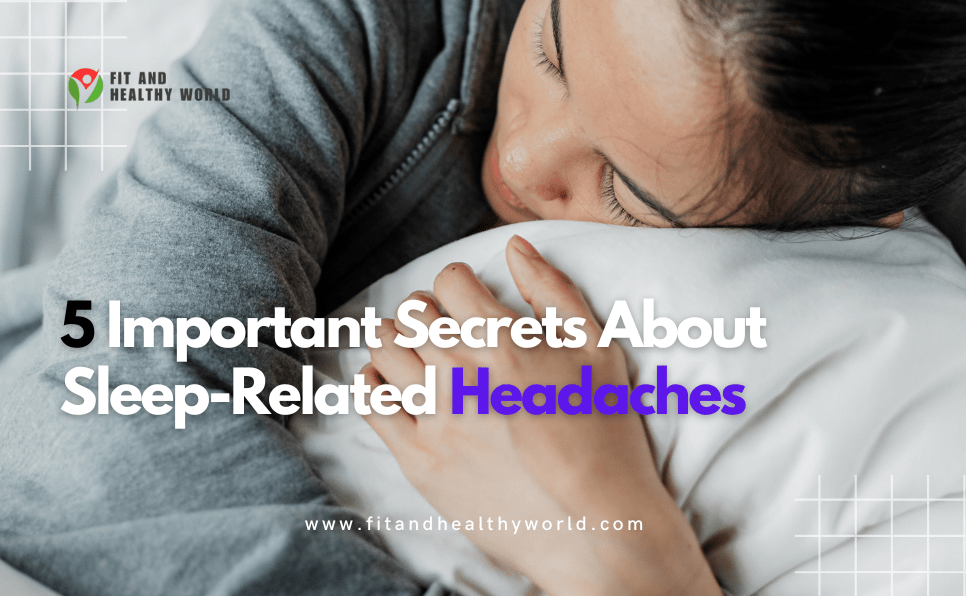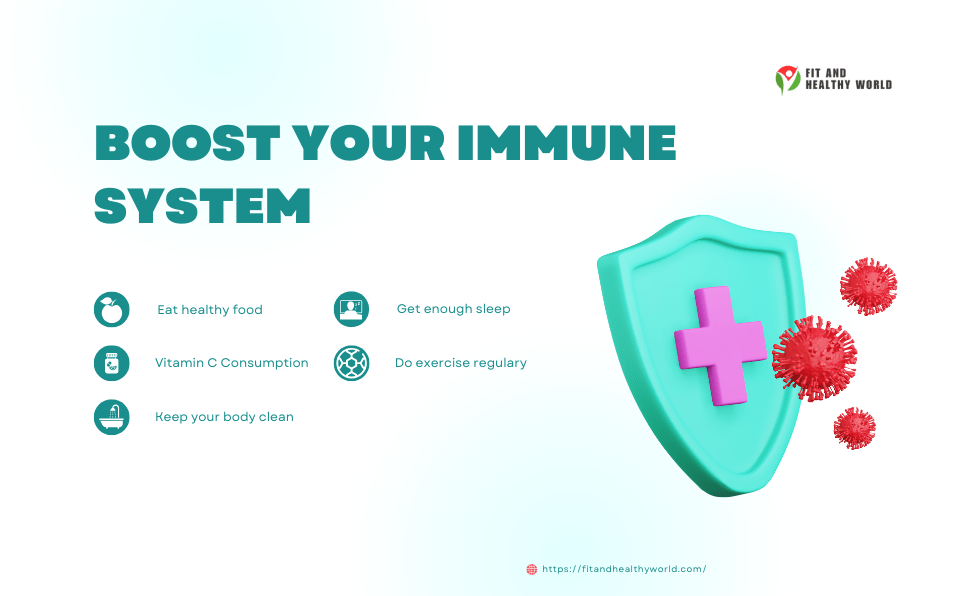Sleep-related headaches can disrupt your darks and gutter your days. They are annoying, often misinterpreted, and intensely connected to your sleep habits. This blog dives deep into why they happen, what you can do to manage them, and how refining sleep can change your life. Along the way, we will explore sleeping position and neck discomfort, sleep apnea and headaches, and common enquiries people ask about this condition.
Understanding the Link Between Sleep and Headaches
Sleep and headaches are closely entwined. Poor sleep habits, unpredictable schedules, and specific complaints like sleep apnea often trigger headaches. Let’s disruption it down:
- Impact of Sleep Patterns on Headaches:
- Insufficient sleep or sleep in can lead to tightness in the brain.
- Intermittent sleep cycles affect the construction of serotonin, a chemical that regulates disposition and pain.
- Key Sleep Disorders That Trigger Headaches:
- Sleep apnea limits oxygen flow and can wake you with thrashing headaches.
- Bruxism, or crushing teeth during sleep, leads to tautness headaches.
- Insomnia stops restful sleep and triggers migraines or dull, persistent pain.
These issues highlight why restful, reliable sleep is essential.
The Main Kinds of Sleep-Related Headaches
Dissimilar headaches are tied to your sleep. Knowing the alterations can help you find answers.
- Hypnic Headache: The Alarm Clock Headache
- Attacks older adults, often waking them throughout the night.
- Mild to severe sore pain that can last up to three hours.
- Investigators believe it might be linked to disturbances in the body’s circadian rhythm.
- Cluster Headache: Sharp and Severe
- Often happens during REM sleep cycles.
- Described as intense pain focused everywhere one eye, often balancing with nasal congestion.
- Powerfully tied to the body’s biological clock.
- Migraine: When Sleep Becomes a Trigger
- Deprived sleep quality can lead to migraines. Bright lights or sudden emergencies can deteriorate them.
- People with irregular schedules, such as shift employees, are at higher risk.
Benefit
Understanding the types of sleep-related headaches—hypnic, cluster, and migraine—can help identify triggers like circadian rhythm disruptions, REM sleep issues, or poor sleep quality. Recognizing these distinctions enables targeted solutions for better rest and fewer headaches.
Why Sleeping Position and Neck Pain Matter
How you sleep matters as much as how long you sleep.
- Poor Sleeping Positions:
- Sleeping on your stomach twists the neckline and strains muscles, causing headaches.
- Pillows that don’t support the natural curve of your neck may worsen the problem.
- How to Fix It:
- Choose a medium-firm pillow to support your neck.
- Back and side sleeping locations are the best. Avoid stomach sleeping.
- Invest in ergonomic pillows designed for good alignment.
These alterations can make a significant difference.
Sleep Apnea and Headaches: A Hidden Culprit
Sleep apnea is a common but ignored cause of headaches.
- What Happens During Sleep Apnea?
- Breathing stops momentarily, depriving the brain of oxygen.
- This leads to a dull, throbbing headache that’s often worse in the morning.
- Solutions:
- Seek medical advice if you suspect sleep apnea.
- Use CPAP (continuous positive airway pressure) machines to improve airflow.
- Lose weight and avoid alcohol before bedtime.
Sleep apnea conduct can significantly decrease morning headaches.
Effective Strategies to Manage Sleep-Related Headaches
Simple changes can help you manage and prevent headaches related to sleep.
- Establish a Consistent Sleep Schedule:
- Go to bed and wake up at the same time every day, even on weekends.
- Create a Sleep-Friendly Environment:
- Keep your bedroom dark, cool, and quiet.
- Avoid screens an hour before bed.
- Hydration and Diet:
- Dehydration is a common headache activity.
- Circumvent caffeine and heavy meals close to bedtime.
- Consult a Doctor for Persistent Headaches:
- Persistent or worsening headaches may designate an underlying condition.
- Consider consulting a sleep specialist or neurologist for expert guidance.
FAQs About Sleep-Related Headaches
- How to fix a sleep headache?
- Use relaxation methods, improve sleep posture, and ensure hydration. Try magnesium supplements or consult a doctor if they persist.
- Why do I get a headache if I sleep in?
- Oversleeping disrupts your body’s ordinary rhythms, leading to chemical imbalances that trigger headaches.
- Can lack of sleep cause headaches?
- Yes. Lack of sleep reduces serotonin levels and upsurges stress hormones, both of which activate headaches.
- Why do I get migraines at night?
- Nighttime migraines may result from poor posture, stress, or undiagnosed sleep disorders like sleep apnea.
- Could headaches be related to a sleep disorder?
- Absolutely. Complaints like sleep apnea, bruxism, or insomnia are common activities for sleep-related headaches.
- What could be the cause of sudden headaches in teenagers if they are not related to stress or lack of sleep?
- Hormonal changes, dehydration, or undiagnosed conditions like migraines or slumber apnea could be to blame.



